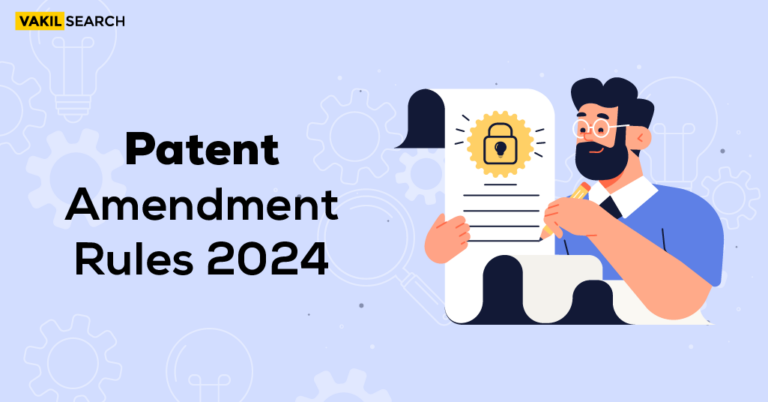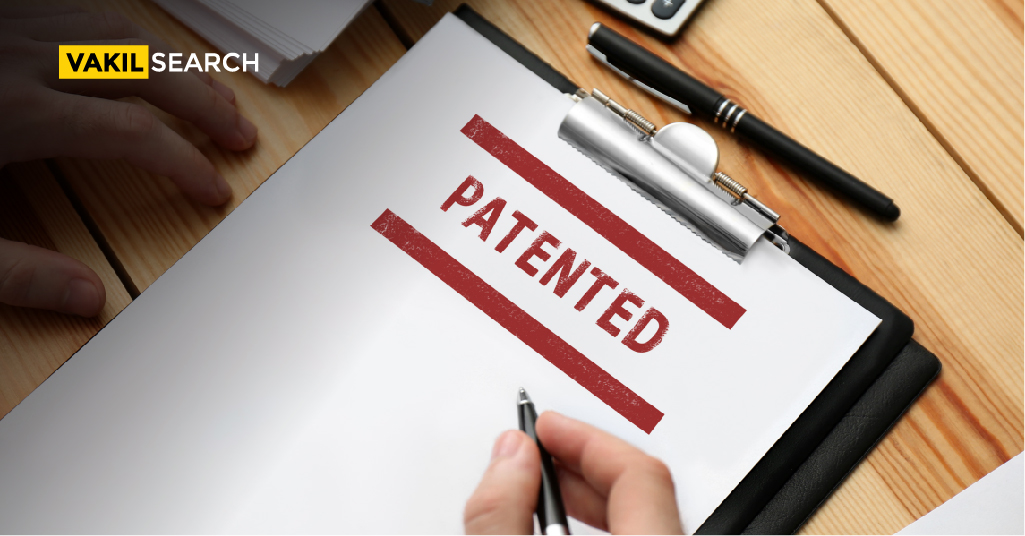Read this blog to understand everything related to the patent protection Act in India and why it is important for individuals and businesses alike.
Patent Protection is any business owner’s exclusive legal right over their innovative product or services. It protects businesses from unfair and unethical rivals. It is important to note that patent protection is required in several companies, which has also become a mandate. Here, also know the steps for Patent application
Businesses requirements for obtaining a Patent
This is a common question asked by an interested audience. For instance, an innovative (here innovation can mean any business that brings in some new product or service) business owner cracks a business secret that impresses the customers. There is a high chance that they will be able to enjoy the fruits of their hard work when the business continues in the long term. Simultaneously, having an innovative mind helps attract a large number of customers. Over time, innovation in any industry will enable the owner to take advantage of product differentiation by impressing the customers.
On the other hand, the unique selling proposition of the business unfortunately attracts customers and competitors. They are most likely to quickly imitate or replicate the design or the model of the product or the services under the provision. This will quickly erode the initial advantages enjoyed by an innovative business owner.
Simultaneously, this will allow unethical business owners to profit without putting in as much effort. Thus, this scenario will discourage the overall innovative spirit of any enterprising business owner. This is, of course, bad news for the individual business owner. Not only does the parent business concerned remain affected, Such unethical practises can affect the business environment in a given market segment.
The patent rights works as armour, which empowers and protects innovative business owners from such unfair and unethical business rivals. Thus, patent protection is used as a mark of appreciation to reward a creative business owner. This is supposed to encourage other businesses further to think outside of the box to replicate the success of their rivals ethically and healthily.
How to Apply for Patent Protection in India?
Under the Patent Act 1970, in India, a patent is issued to protect an individual’s right to invent a particular process or product. You can file a patent application at any of its four regional offices in India. The offices issuing patents are situated in Delhi, Mumbai, Chennai, and Kolkata. Apart from that, presently, patent applications can also be made online.
The facility for online patent applications has made the whole process fast, convenient, efficient, less tedious and, overall, more transparent.
Documents Required for a Patent Application
The documents needed for submission when applying for an ordinary patent application are as follows:
- Form 1: Patent Grant Application
- Form 2—Optional with wide-ranging specifications
- Form 3—Information and commitment
- Form 5—Statement by the Inventors
It takes 18 months to complete the application process for patents. After the initial process, within the next 48 months, the applicant must apply for the initiation of the examination process. It should be borne in mind that applying for a patent does not automatically start the procedure of examination. Rather, one needs to separately apply for it. Failure to do so will automatically initiate the course of abandonment or cancellation of the application process for a patent.
A patent will only be granted if the applicant has furnished all the required documents favouring the application and all claims made by him or her.
Types of Patent Applications
In India, there are three types of patent applications.
- Ordinary application (with provisional and complete specifications)
- PCT application, also known as PCT National Phase application
- Conventional application
Things to Remember while Applying a Patent
- If a business wants to be protected by a patent, the owner must apply for it. The business inventor himself/herself can apply for a patent, or he/she can appoint someone else or an agent who will apply for a patent on behalf of his/her client.
- In India, there are authorised patent agents who work to facilitate the application process, minimising the hassle for the applicant.
- The applicant must have a registered office within the country before applying for a patent. Anyone outside India has to appoint an authorised patent agent who can use it on their behalf.
- As the patent is territory-specific, anyone who belongs to some other jurisdiction should contact an authorised agent in a different market.
- After the application is made, the concerned governing body will verify the applicant’s claim by examining the declaration made by the applicant regarding their product or service whatsoever.
- The patent application is filed in a country in which prescribed patent laws are being implemented. The patent application mainly consists of a specification defining the invention of the product or service defined within a framework. A patent application needs to be furnished with the set of claims as directed.
- The declaration process further endorses the function of a patent application, which needs to be done wherever applicable.
A Few Facts About Patents and Patent Protection
- It applies to any product or service that has innovative elements.
- Such a product or service must be industrially applicable in any given market.
- A patent right is usually offered for manufacturing, importing, selling, offering to sell, licencing etc. Once a patent is granted for a particular invention, no third party can creep into this space without the consent of the respective patent owner.
- The government of any country issues patents.
- Usually, a patent is valid for a limited time. For example, it is valid for 20 years or so in most countries. This is to prevent anyone from establishing a monopoly in any particular market in the long run.
- A patent is usually only valid in one jurisdiction. Beyond that geographical jurisdiction, patent owners are not protected from their competitors.
- Patent protection allows only the patent owner to exploit or gain from their invention. Any third party violating and creeping into the patented space will be considered infringing. Thus, they will be liable to face legal action against that.
Conclusion
A patent application is a stringent process and requires careful documentation. Rules and norms are applicable in vast geographical areas concerned, and therefore patent protection is contextual concerning the market of operation. And although the process is time-consuming, it can keep your inventions and creations free from any legal violations.
Read more,










